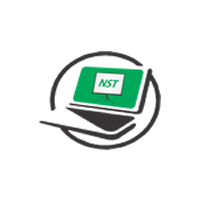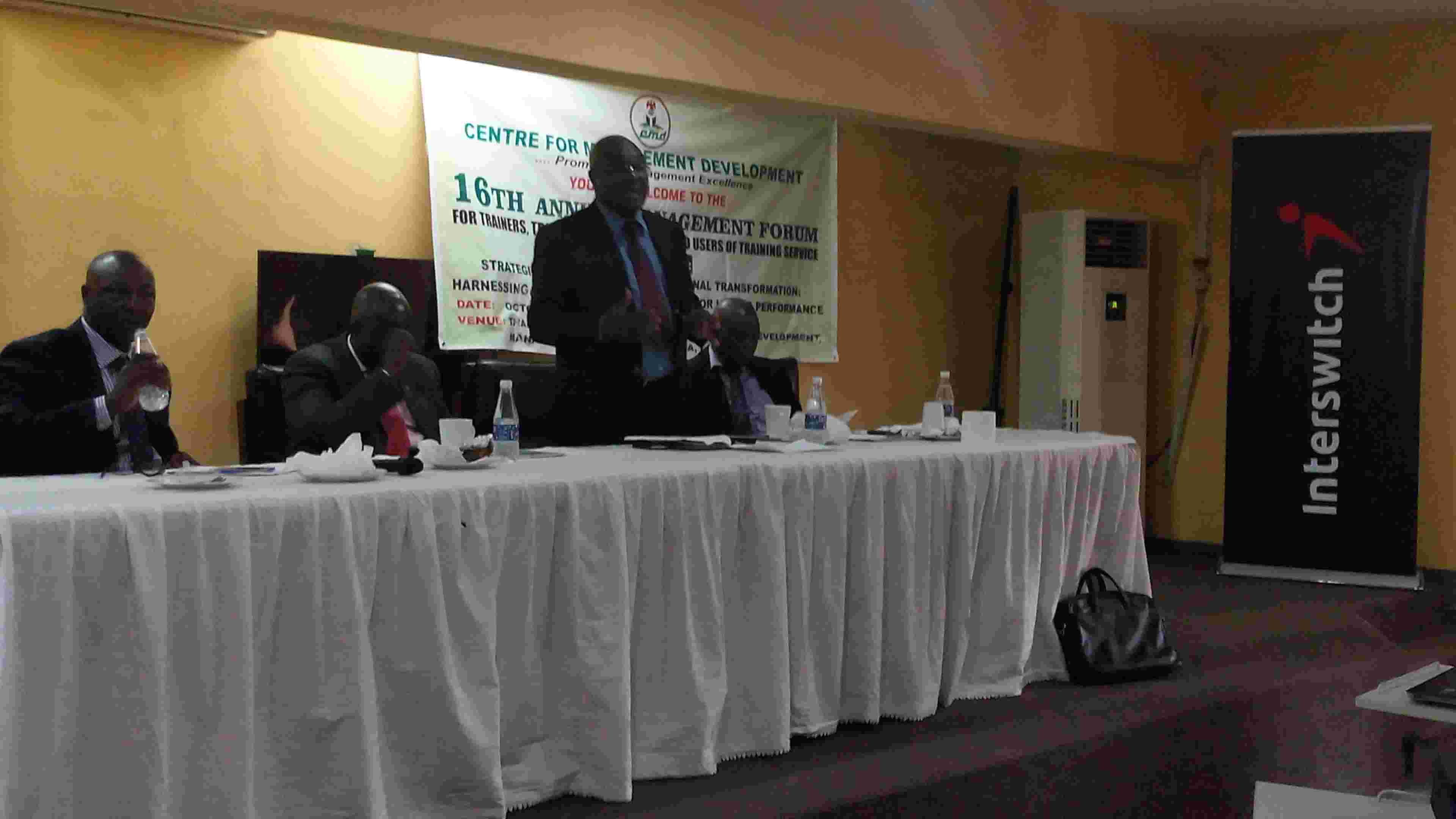Managing Others - Transitioning from “I” to “Us” – A New Manager’s Litmus Test

Having gone through the previous posts in this "Stepping into Management" series, you should no doubt be sufficiently prepared for the next level – Managing Others! As you transition from an individual contributor to a manager, your responsibilities shift from achieving personal goals to achieving corporate goals through people. Doing this requires a different set of skills and tools. It would require you to understand how to set goals and track progress to ensure successful outcomes.
Transitioning from “I” to “Us”
Before attaining your current position, your goals are likely cantered around your own performance and accomplishments. Now that you are a manager, you need to do a 360-degree shift in focus from focusing on your personal goals to the development and success of your team. This shift in focus is essential to ensure that your team is growing and achieving its fullest potential. In this blog post, we'll explore essential tools and techniques you can use to set goals, develop your team's skills, and measure progress with KPIs. There are also real-life examples to provide practical examples of how it works.
Setting Goals
The conversation below, between Alice and Chelsea Cat in Lewis Carrol’s Alice in Wonderland, emphasizes the importance of setting goals.
Cat: Where are you going?
Alice: Which way should I go?
Cat: That depends on where you are going.
Alice: I don’t know.
Cat: Then it doesn’t matter which way you go.”
When you don’t have clear goals, every direction seems like a good one.
Goal setting is the process of identifying specific, measurable, achievable, relevant, and time-bound objectives that an individual or organization aims to achieve. It is a crucial aspect of personal and professional development and helps individuals and teams to focus their efforts, monitor progress, and achieve desired outcomes. Effective goal setting involves the creation of clear and concise objectives that are meaningful and aligned with personal or organizational vision and mission. To be effective, goals must be:
- Specific - so that there is no ambiguity in what needs to be achieved.
- Measurable - meaning that there should be a quantifiable way to evaluate progress and determine when the goal has been achieved.
- Attainable - Goals should be attainable, if not it can lead to frustration, lack of motivation, and ultimately, failure.
- Realistic - Goals should be relevant to the overall purpose or objective. Goals that are not relevant to the desired outcome can be distracting and may not contribute to success. A relevant goal should align with the larger mission or objective.
- Time-bound - goals should be given a specific deadline or target date, providing a sense of urgency and helping to ensure that progress is being made towards achieving the goal.
The whole idea is to set clear and concise goals that can be measured and achieved within a specific time frame. For example, instead of setting a vague goal of "improving team communication," set a SMART goal such as "increasing team meeting attendance by 20% within the next quarter."
Developing Your Team's Skills
Your team members have their own strengths and weaknesses, and it's important to set goals that help them develop their skills and expertise. This can include providing opportunities for training, assigning challenging tasks, or encouraging cross-functional collaboration. Having set goals that will help your team members grow, you'll not only develop a more skilled and capable team, but you'll also foster a sense of loyalty and commitment.
Measuring Progress with KPIs
To track progress towards your team's goals, it's important to establish key performance indicators (KPIs) that can be measured and quantified. This could include metrics such as sales growth, customer satisfaction, or employee turnover. By regularly measuring and analyzing these KPIs, you can track progress toward your goals and adjust as needed.
Real-life Examples
Here are a few examples of effective goal-setting in the workplace:
- A marketing manager sets a SMART goal of increasing website traffic by 25% within the next quarter. To achieve this goal, they assign team members to research and implement new SEO strategies, create engaging content, and optimize the website's user experience.
- A sales manager sets a goal of developing their team's sales skills. They assign team members to attend training sessions, participate in role-playing exercises, and shadow more experienced sales reps. The manager regularly measures progress by tracking sales growth and analyzing customer feedback.
- An operations manager sets a goal of improving efficiency in their department. They assign team members to analyze existing processes, identify inefficiencies, and propose solutions. The manager tracks progress by measuring key metrics such as cycle time, defect rate, and inventory turnover.
In conclusion, transitioning from an individual contributor to a manager requires a shift in focus from personal goals to the development and success of your team. Setting SMART goals, developing your team's skills, and measuring progress with KPIs are essential tools that would help manage your team to achieve team, departmental or corporate goals.
Do you want to learn more about managing others? Follow this link to find top-quality management training courses led by some of the best trainers in the industry. Don't miss this opportunity to learn how to take your management career to the next level!
Join the conversation! Share your thoughts and experiences in the comments section below. Let's support each other in our management journeys and learn from each other's successes and challenges.
Are You Looking to Expand Your Knowledge and Stay Up to Date with The Latest Trends?
Nigerian Seminars and Trainings offers a wide variety of seminars and trainings to assist individuals and businesses in staying ahead of the curve. With over 5,000 events annually, we have something for everyone!
Our seminars cover topics ranging from business and technology to personal development and more. We also offer both virtual and in-person events so that you can maximize your learning opportunities in any environment.
Follow this link to check out our upcoming events today and start expanding your knowledge.






0 Comments